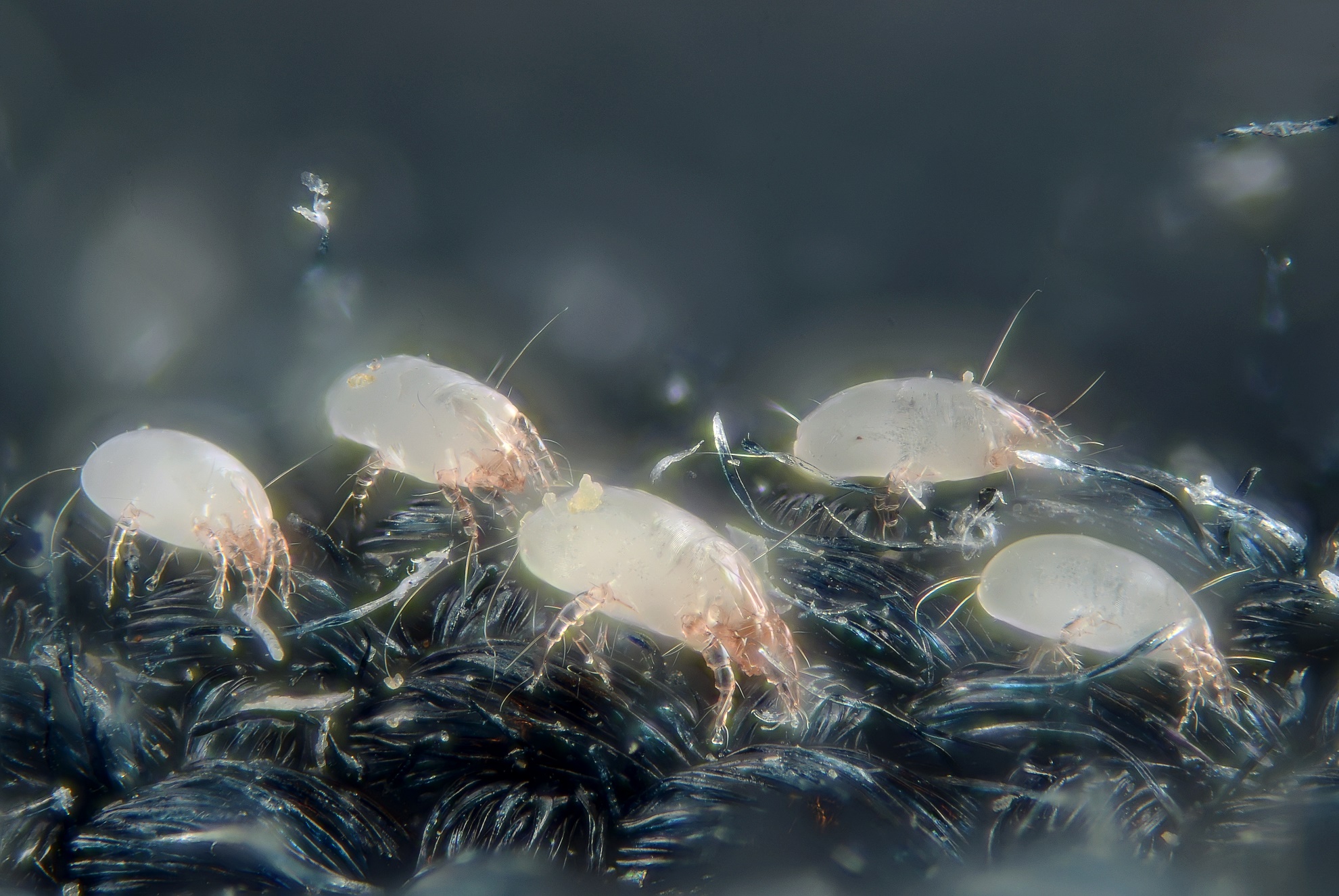Your bed is crammed with uninvited guests, dust mites feeding on dead skin cells. You should be quick to the washing machine when it comes to your sheets.

Even if you sleep alone, you have plenty of company in bed. Fungal spores, bacteria, animal hair, dust mites, pollen, soil, dyes, food debris, skin cells, sweat, saliva, urine and both vaginal and anal secretions. The list is long and, unpleasant.
These are are just a few of the things that hide in your bed according to microbiologist and pathologist Philip Tierno at the New York University of Medicine.
And your uninvited guests are not just there to spoon with you. They can affect your health. One in six people has some form of allergy and your bed guests can act as allergens that induce or intensify allergies.
It is not unlikely that some people get allergies or get aggravated allergies, by dust mites and their feces in your bedding, since we spend about a third of our lives in bed, according to Philip Tierno.
This is partly why – according to Philip Tierno – it is important to keep the bed clean to avoid exposing yourself to more allergens than necessary.
So, how often do Tierno recommend you to wash your sheets? “Stuff like that accumulates to become significant usually between 1-2 weeks,” “Bottom line, they should be washed probably on the average of once a week.”, Tierno said to Business Insider.
British Allergy Foundation recommends washing them in water that’s at least 60 degrees Celsius (140 degrees Fahrenheit) or more to kill dust mites.
“Washing at 60 degrees centigrade or above will kill mites. House dust mite allergen dissolves in water so washing at lower temperatures will wash the allergen away temporarily, but the mites will survive and produce more allergen after a while.”
A typical house dust mite measures 0.2–0.3 millimetres (0.008–0.012 in) in length and is barely visible to the unaided eye. Unlike scabies mites or skin follicle mites, house dust mites do not burrow under the skin and are not parasitic.







![OpenAI. (2025). ChatGPT [Large language model]. https://chatgpt.com](https://www.illustratedcuriosity.com/files/media/55136/b1b0b614-5b72-486c-901d-ff244549d67a-350x260.webp)
![OpenAI. (2025). ChatGPT [Large language model]. https://chatgpt.com](https://www.illustratedcuriosity.com/files/media/55124/79bc18fa-f616-4951-856f-cc724ad5d497-350x260.webp)
![OpenAI. (2025). ChatGPT [Large language model]. https://chatgpt.com](https://www.illustratedcuriosity.com/files/media/55099/2638a982-b4de-4913-8a1c-1479df352bf3-350x260.webp)








